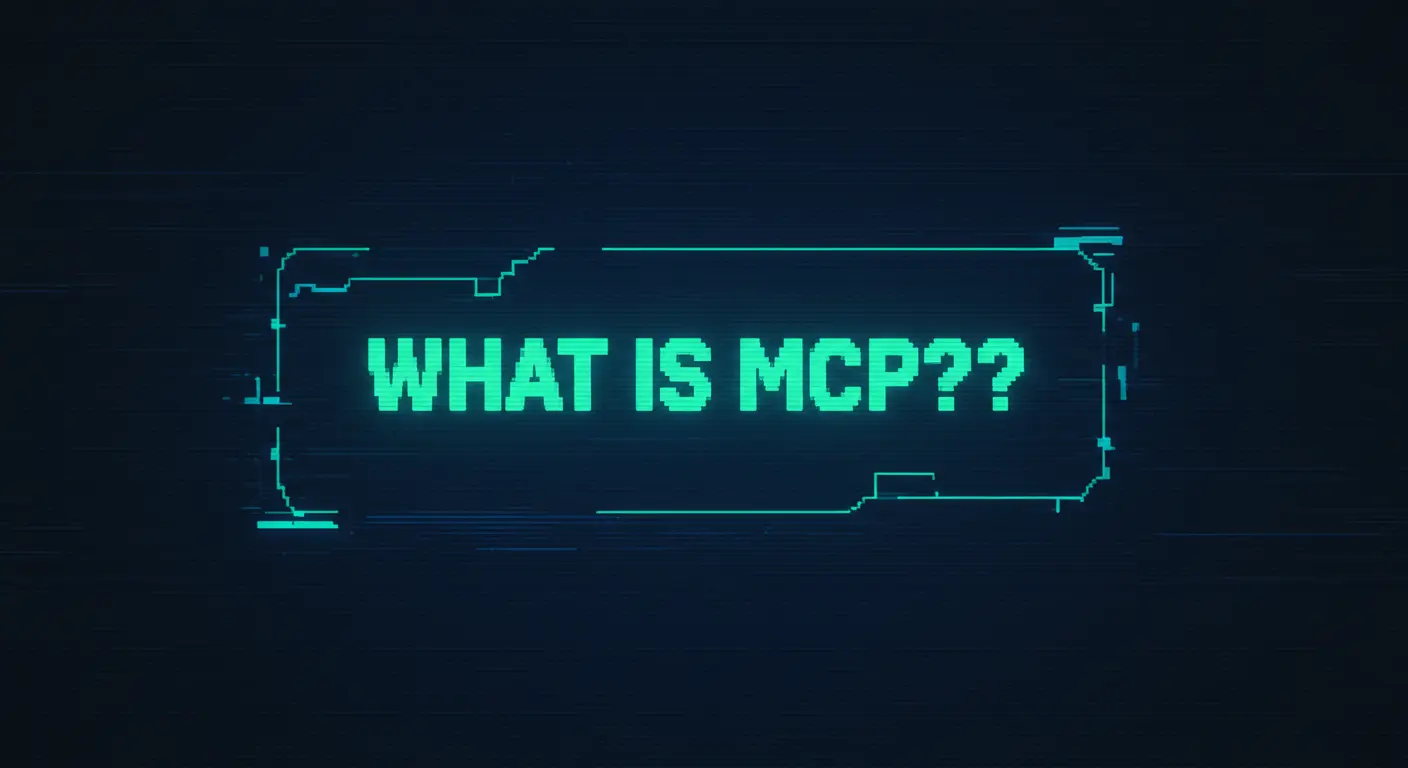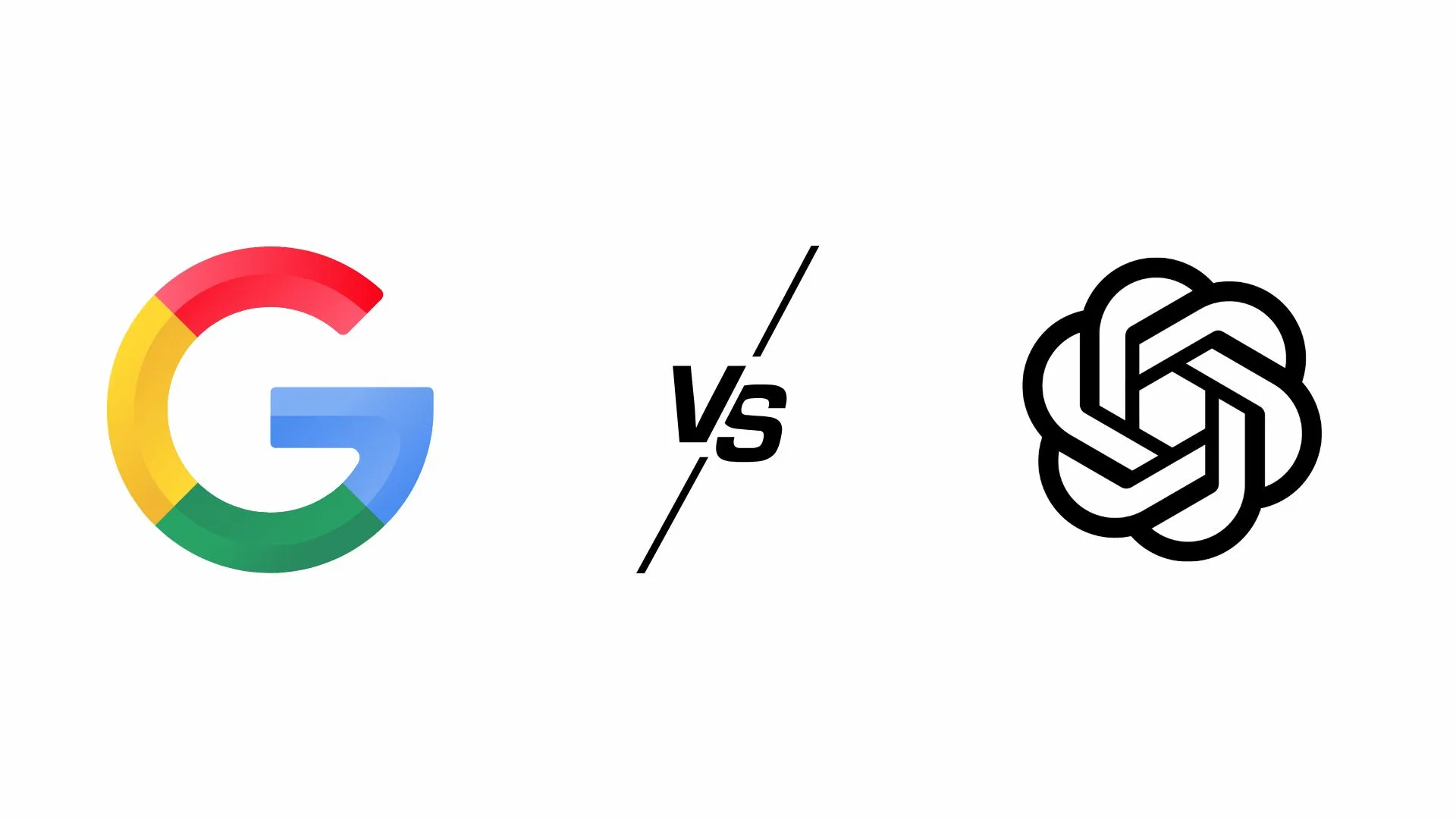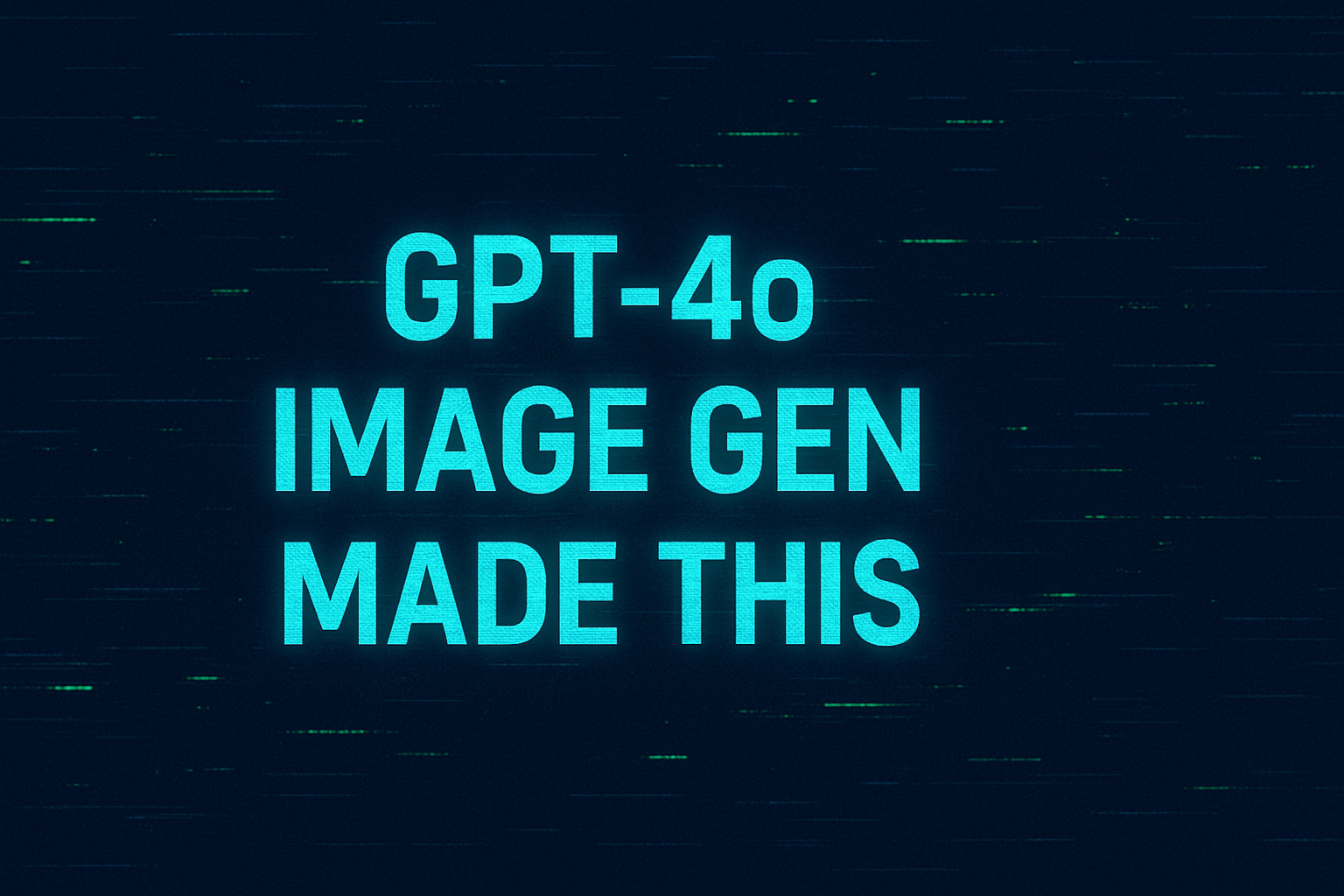
What is Model Context Protocol? The SEO Tool You Didn't Know You Needed
AI and search engine optimization keep changing, and a new technology is making waves in both spaces. Meet the Model Context Protocol (MCP), Anthropic's creation that changes how AI tools access your data. Think of it as your connection broker who knows exactly how to link systems together efficiently.
MCP Explained Simply
The Model Context Protocol is an open standard from Anthropic (the company behind Claude) that solves a common AI problem: getting AI systems to work well with different data sources.
Simply put, MCP acts like a standardized connector for AI applications. Similar to how a standard cable connects your laptop to various devices, MCP creates a consistent way for AI models to link with different data sources and tools.
Before MCP existed, connecting an AI assistant to company databases, content systems, or analytics tools required unique code for each connection. Every new integration meant custom programming and workarounds that frustrated developers.
MCP creates a universal system that works across platforms - simple, efficient, and much needed.
How MCP Functions (Made Simple)
MCP uses a practical structure with these parts:
- MCP Clients: These exist inside applications like Claude Desktop or AI-enhanced coding environments. They manage all server communications.
- MCP Servers: These make your data sources (databases, content systems, APIs) available through a standard interface, providing information and tools to clients.
- Connection System: This handles client-server communication through local or remote secure connections.
What makes this good? Once you set up MCP, your AI applications can find and connect to new data sources without needing custom programming each time. It's like having an assistant who already knows how to talk to everyone you need to reach.
Why SEO Professionals Should Care
Now, why should you, as an SEO professional, pay attention to this technology?
Current SEO goes far beyond keyword placement. Today's search engines are looking for context - they want to understand not just the words on your page, but how those words relate to each other, what users want, and if your content deserves visibility.
This is exactly where MCP could change your SEO work. By connecting AI systems to multiple data sources at once, MCP allows for deeper understanding of context - something critical for modern SEO.
MCP-Powered SEO Uses That Could Improve Your Work
1. Better Keyword Research
Standard keyword tools just show search volume and competition. Now picture an AI system that can analyze:
- Search intent across thousands of related searches
- Connections between topics in your field
- Content opportunities based on analysis of top-ranking pages
- User behavior from multiple sites
With MCP making these connections possible, your AI-powered SEO tools could find opportunities your competitors won't notice for months.
2. Topic Planning That Works
Topic planning for SEO isn't just about related keywords; it's about creating content that covers a subject thoroughly in a way search engines see as authoritative and relevant.
An MCP-enabled system could connect to your content system, competitor analysis tools, and search data at once to create topic groups that are:
- Rich in meaning and relevant to context
- Built to address different user needs
- Organized to create good internal linking
- Created to fill specific content gaps
This approach reflects how Google uses context to understand content, going beyond keyword matching to grasp concept relationships.
3. Content Improvement with Context Awareness
The days when "improvement" meant "add more keywords" are gone. With MCP, your AI writing assistant (like Claude 3.7) could access multiple data sources to:
- Study high-ranking content across meaning-based metrics
- Find context signals that match higher rankings
- Suggest specific improvements that add topic depth
- Create content that matches search intent patterns
This isn't just about writing better content; it's about creating exactly the content that both users and search engines want.
Starting with MCP for SEO
Want to try MCP? Here's a quick guide:
- Check out the SDK options: Anthropic offers software development kits for Python and TypeScript, plus community versions for Java and Kotlin.
- Try Docker containers: The fastest way to test is using Anthropic's sample MCP servers in Docker containers, which makes setup easy.
- Link your data sources: Identify which SEO data would benefit from MCP integration, such as analytics platforms, content systems, or research tools.
- Create custom MCP servers: For specific SEO needs, you might want to build custom MCP servers that provide exactly the data and functions your team needs.
Remember, this is new technology. You'll be among the first users, which means exciting possibilities and occasional learning moments. Both are valuable.
The Future of MCP and SEO
While MCP is new, its potential for SEO is significant. As this protocol grows and more tools adopt it, we might see:
- Better integration between content creation, improvement, and distribution tools
- AI systems that truly understand your industry's context
- SEO workflows that adjust to algorithm changes quickly
- Better ability to target specific search intentions accurately

Search engines keep improving their understanding of context and meaning. Tools like MCP give SEO professionals a way to keep up with these improvements, using similar context understanding that powers modern search algorithms.
Summary
Model Context Protocol marks a big change in how AI systems access and use data. For SEO professionals willing to explore it, MCP offers a new approach to understanding search intent, creating context-relevant content, and staying ahead of competitors.
Is it simple? No. Is it worth trying? Yes. The SEO professionals who learn to use tools like MCP will gain an advantage in a field where understanding context increasingly determines whether you appear on page one or fade into obscurity.
In both AI and SEO, context isn't just important—it's everything.
Want to learn more about using AI for SEO? Read our guides on how to use Anthropic's Claude 3.7 effectively and automating SEO tasks with AI.













